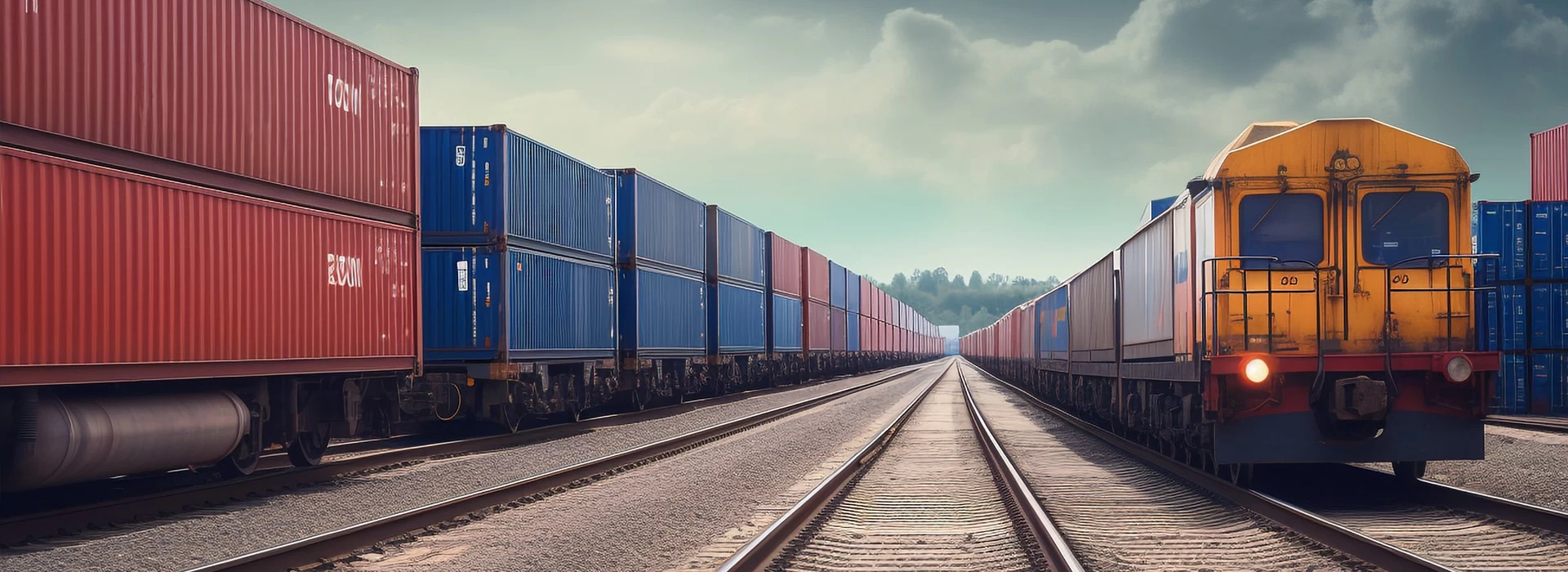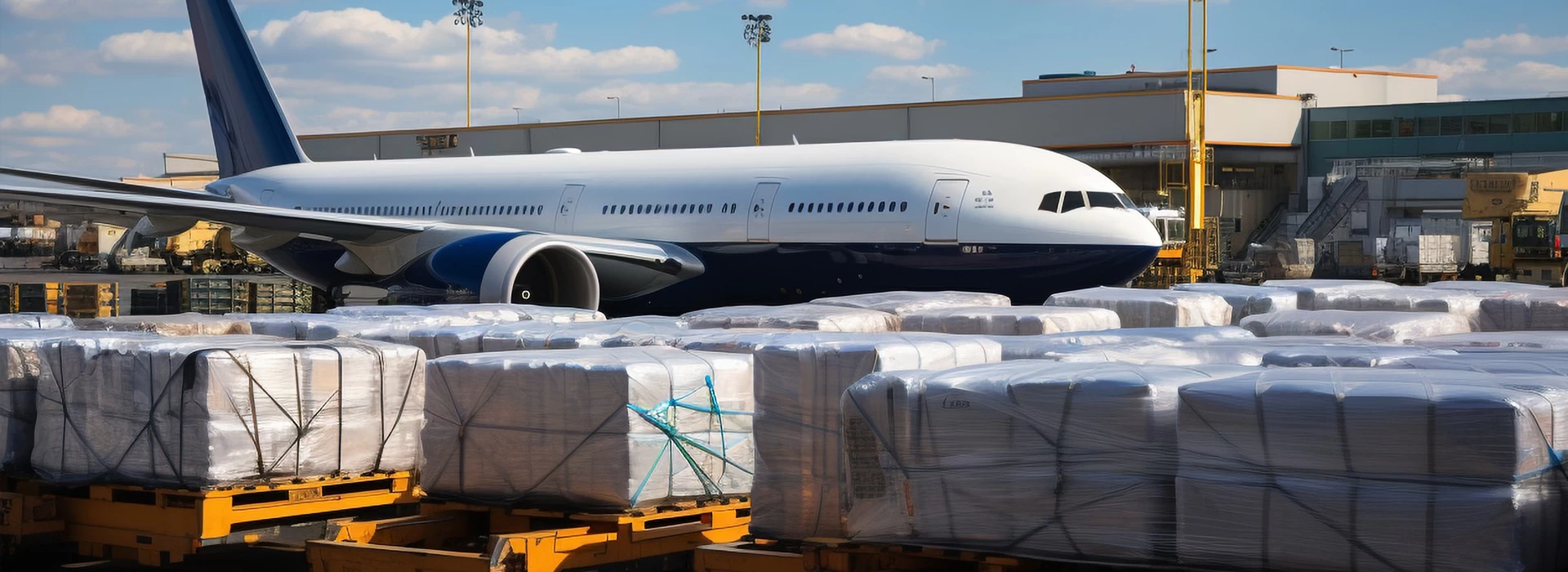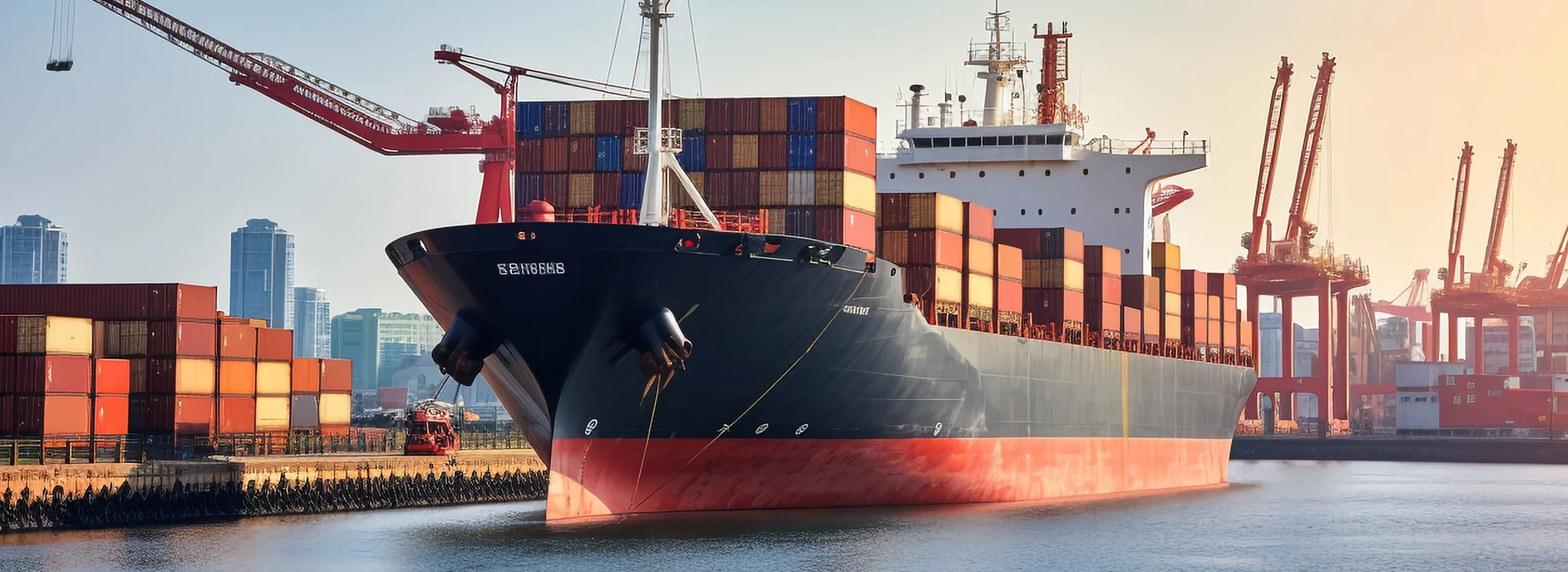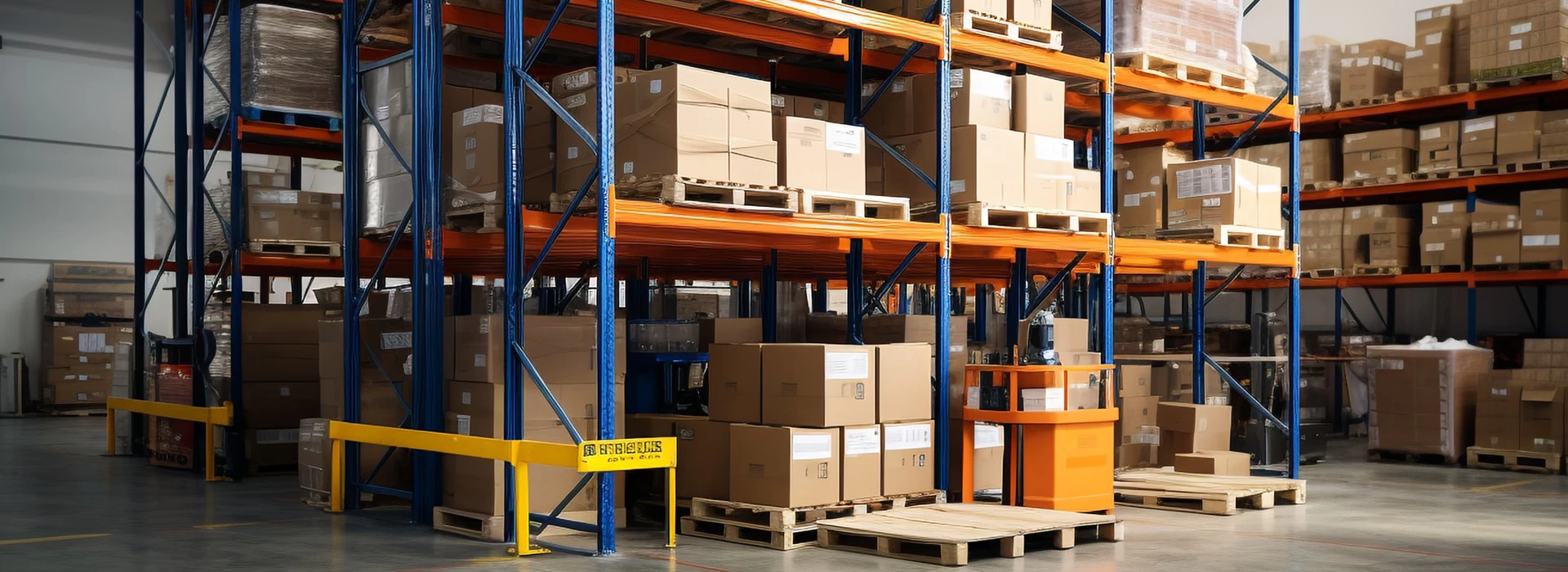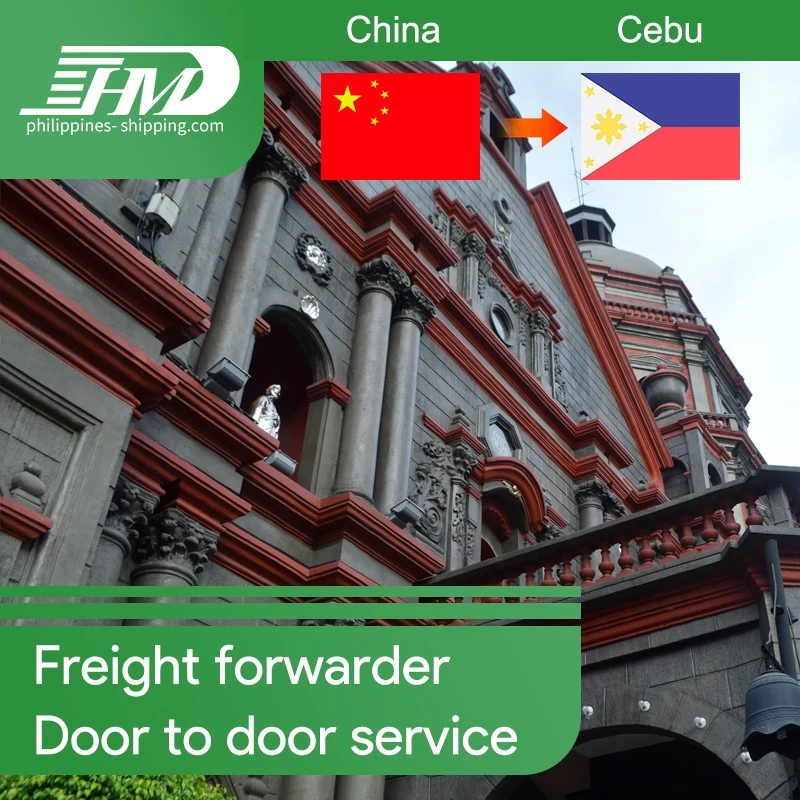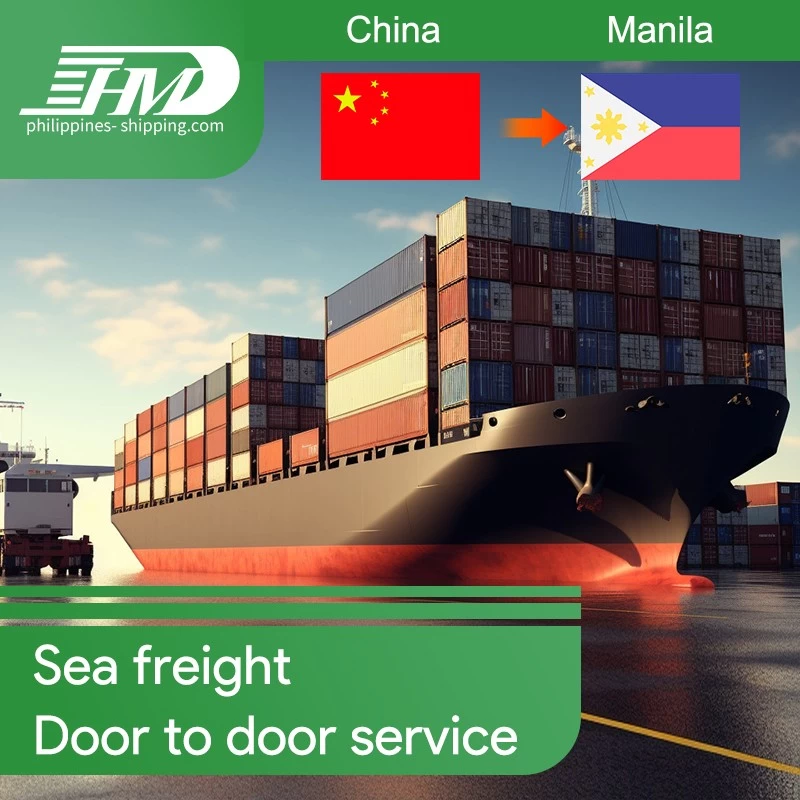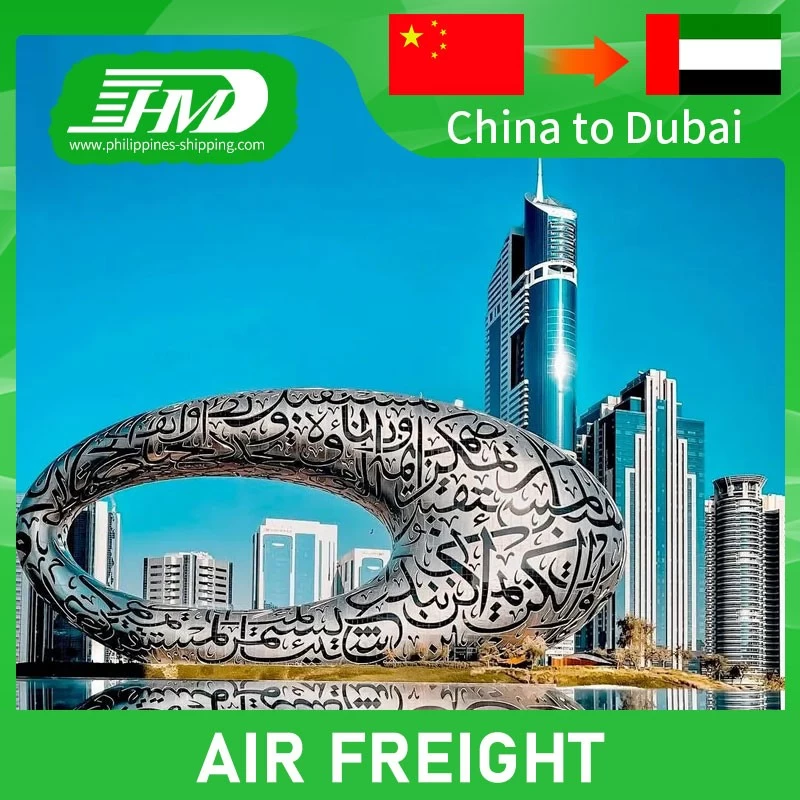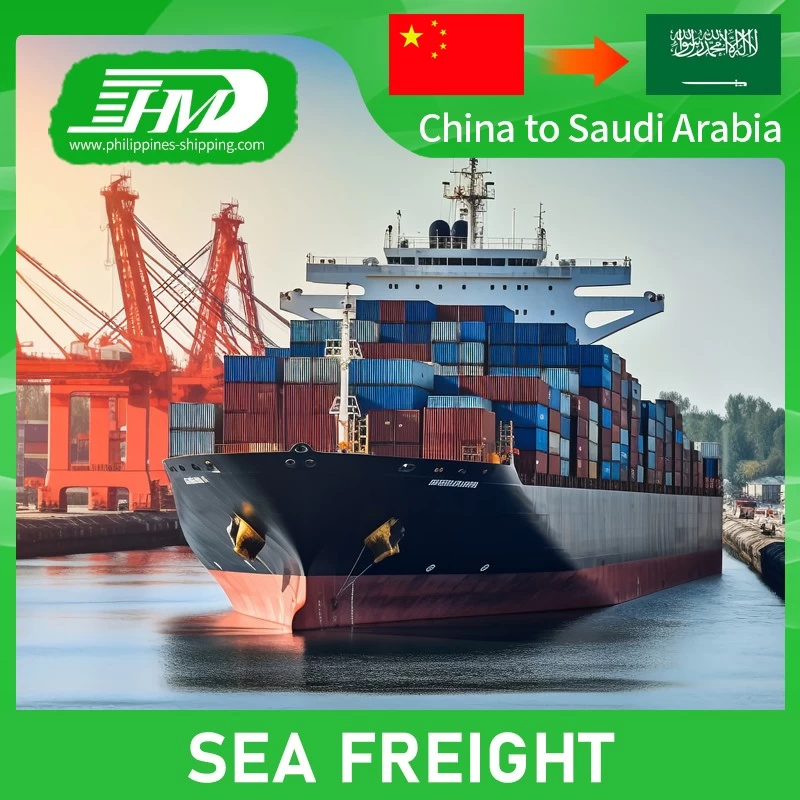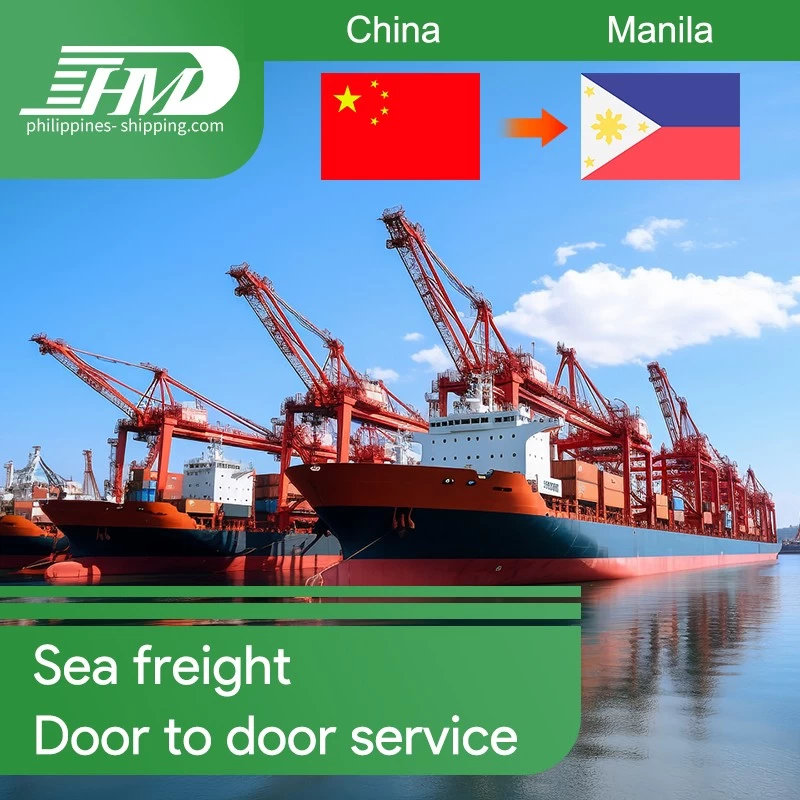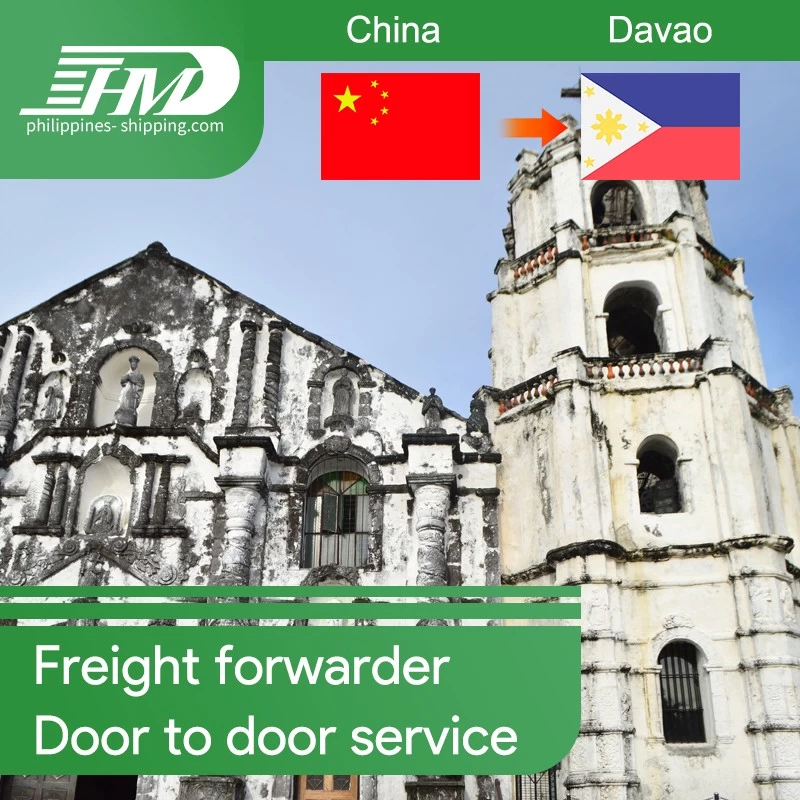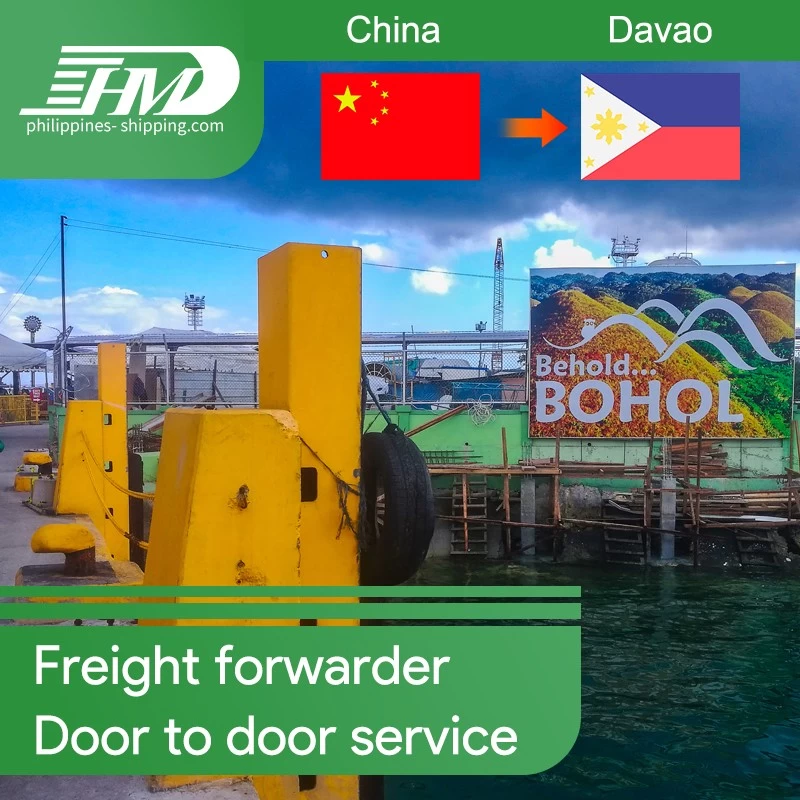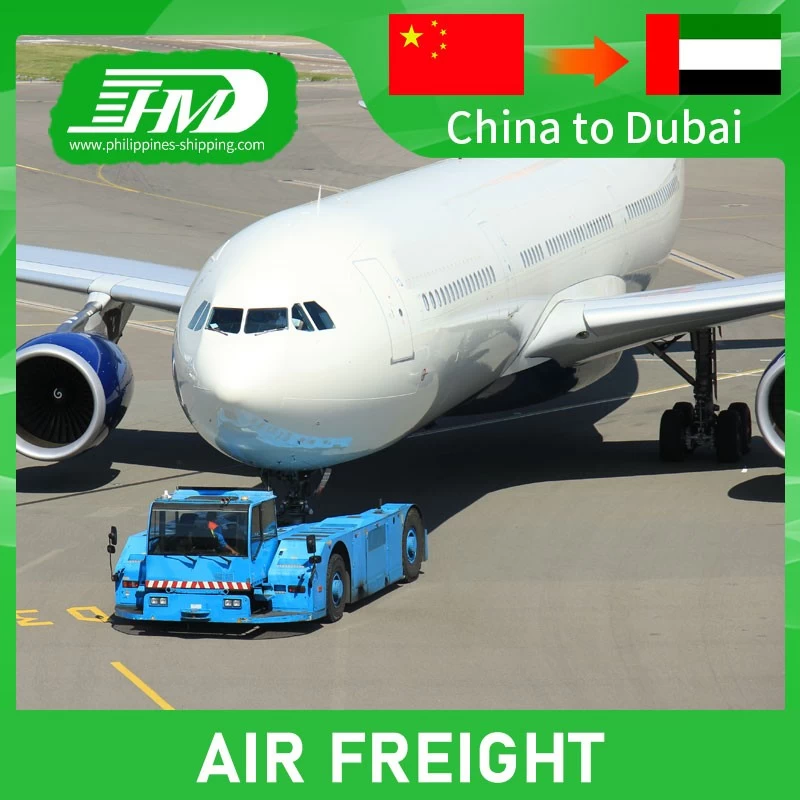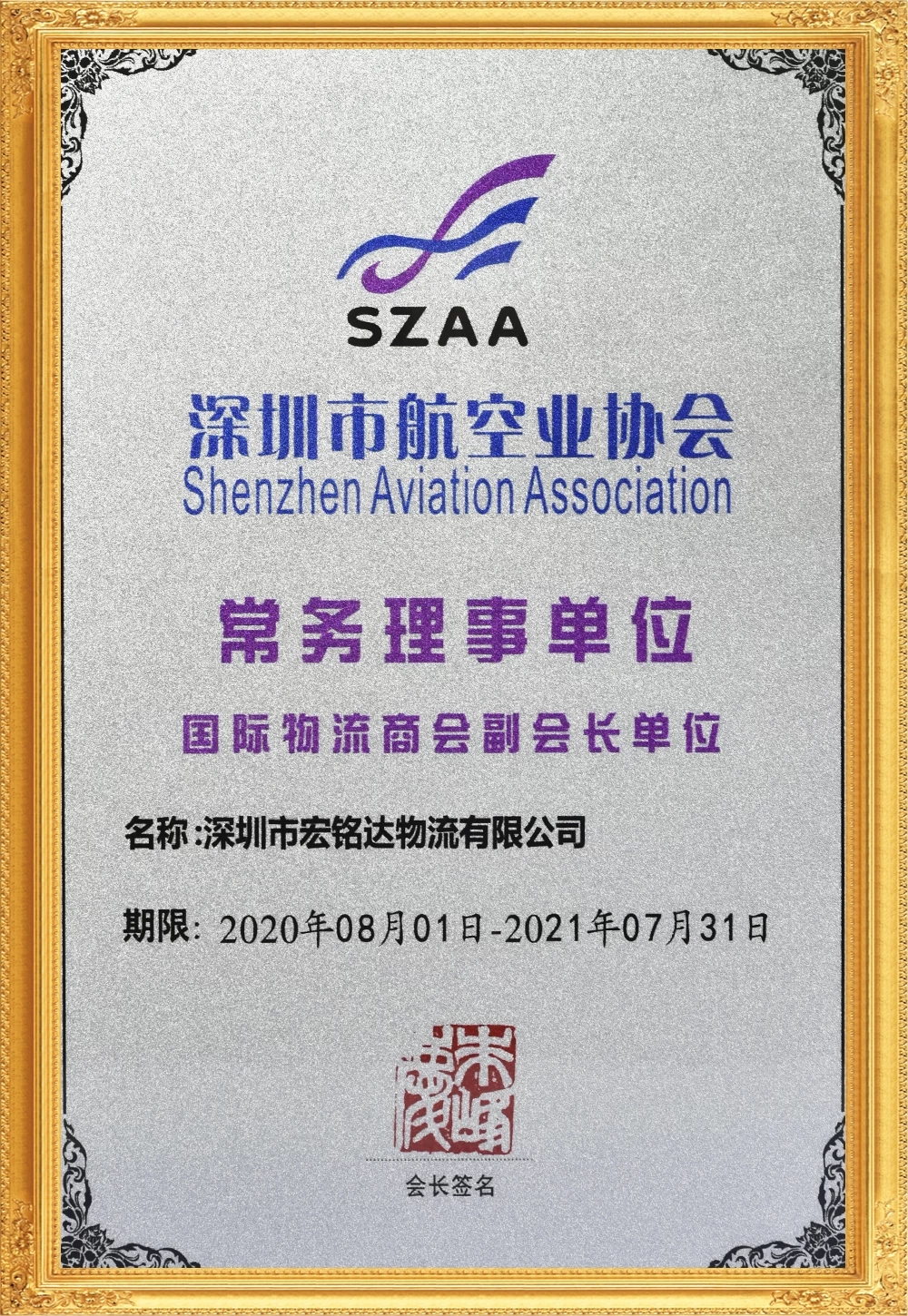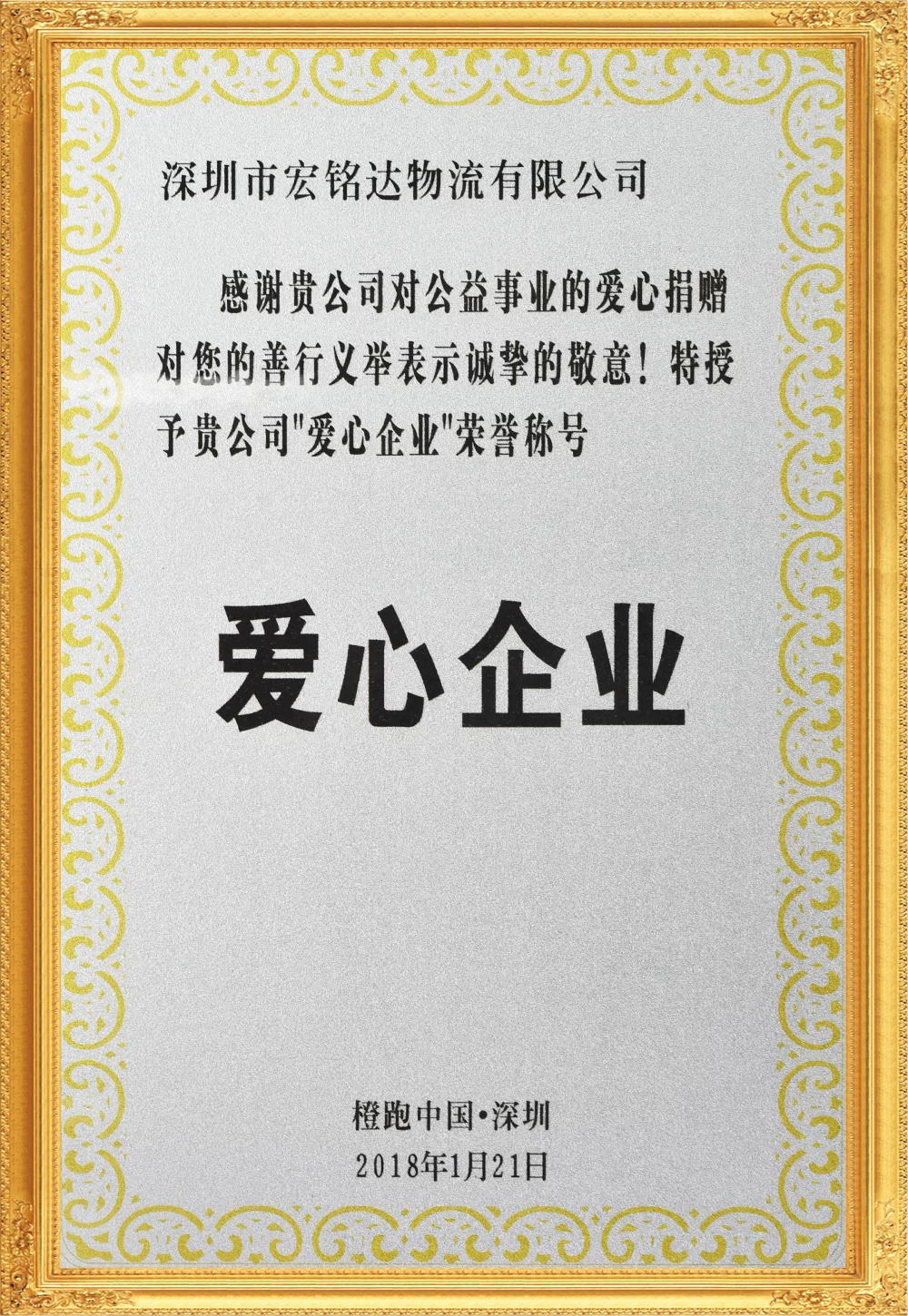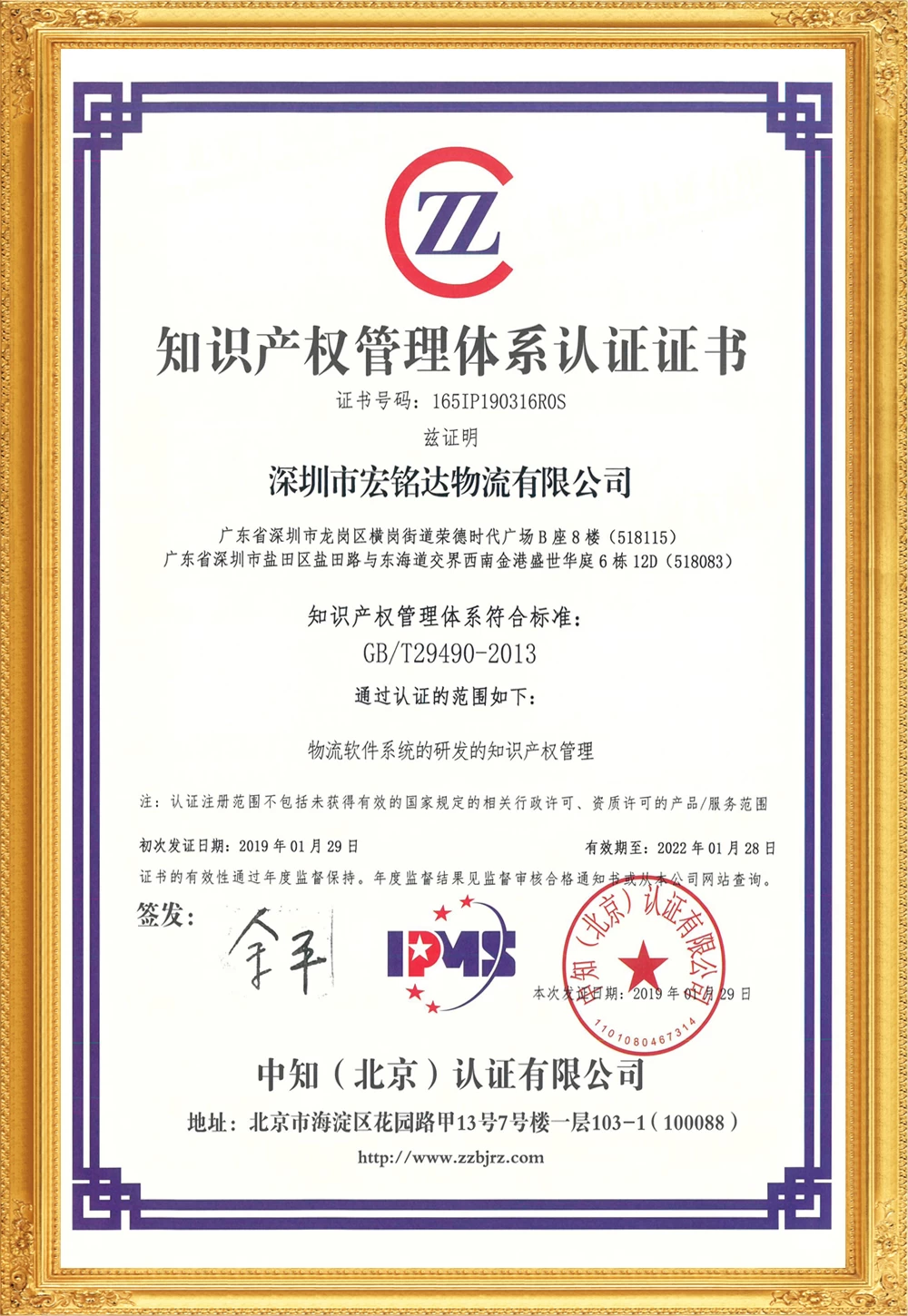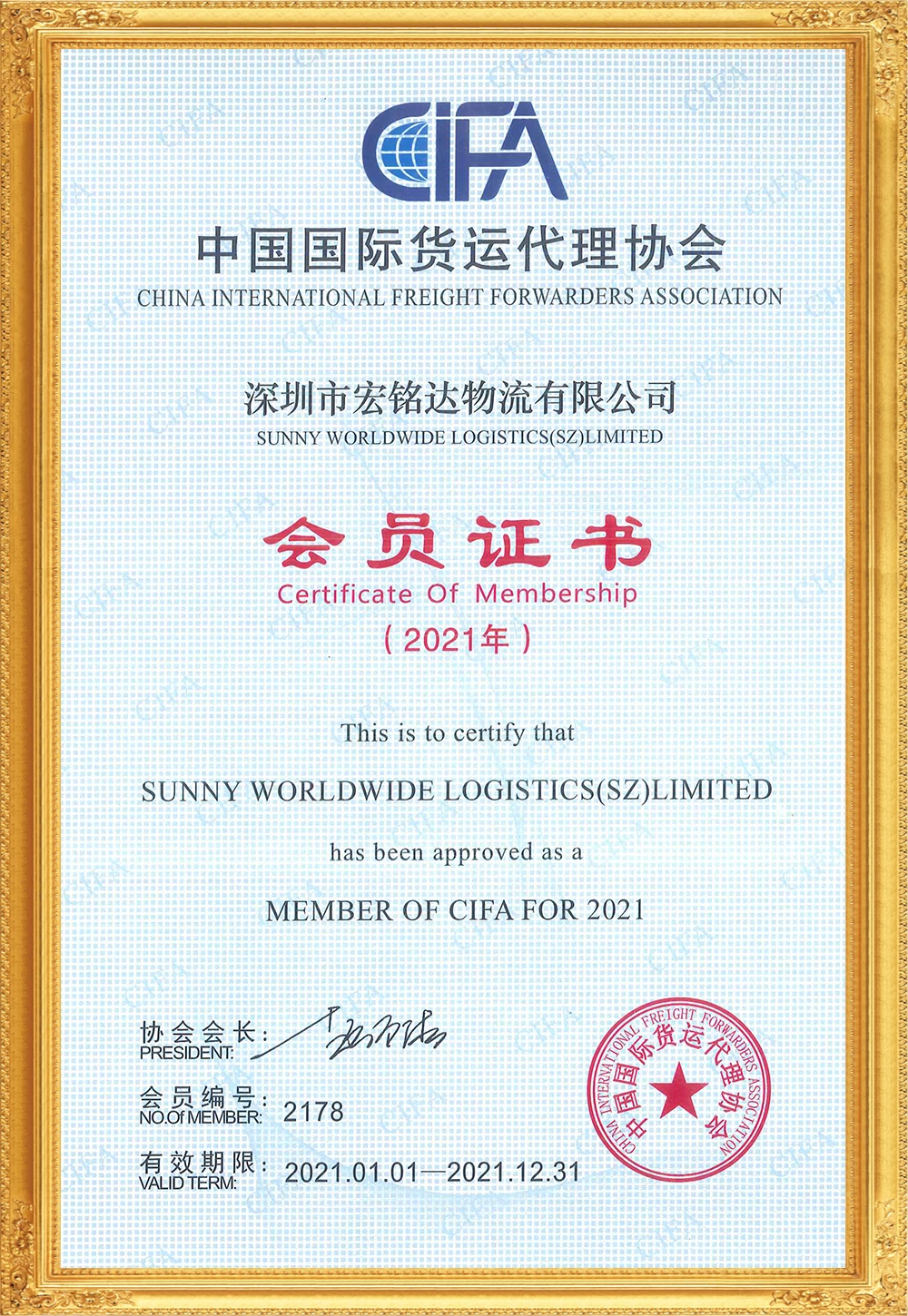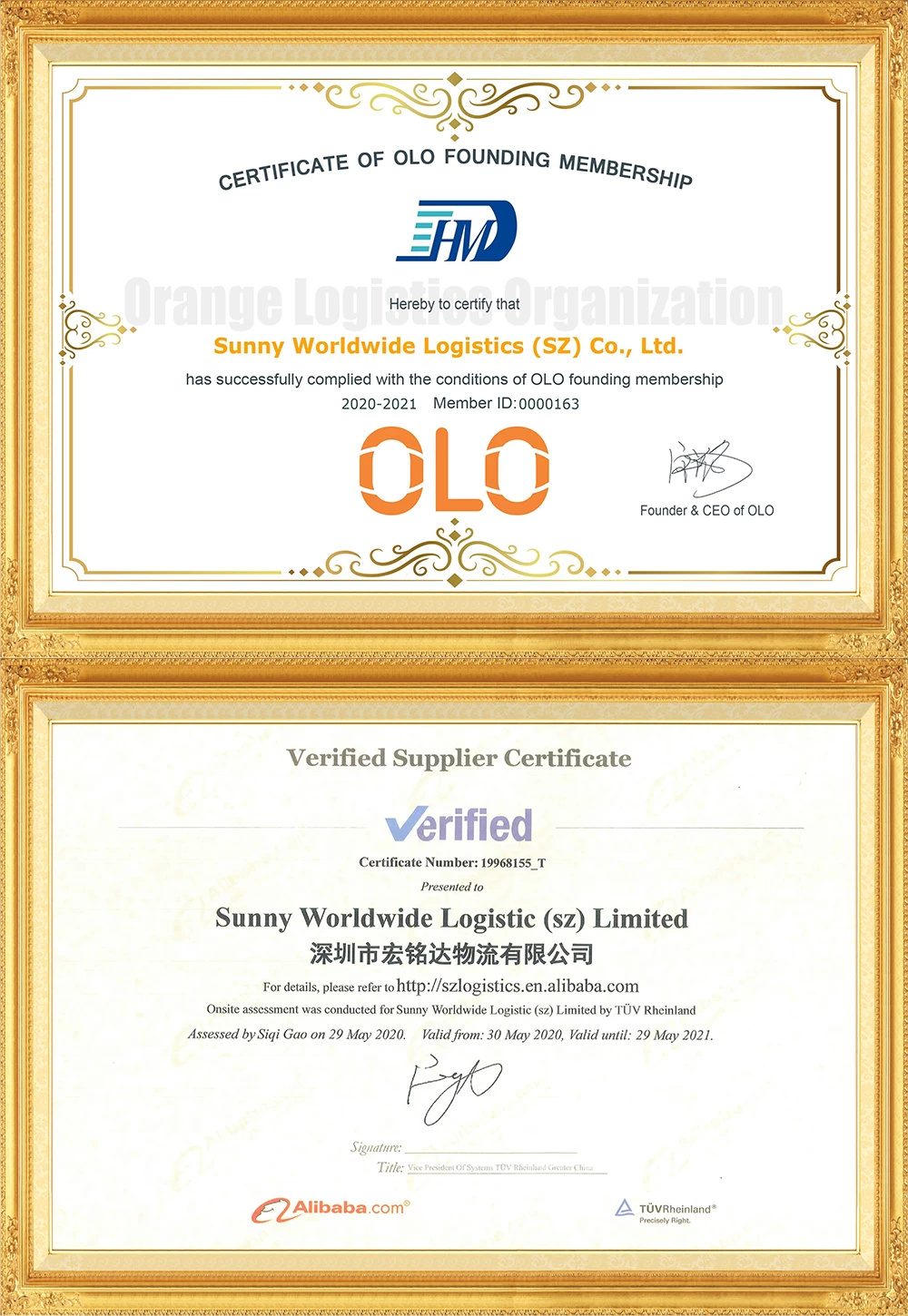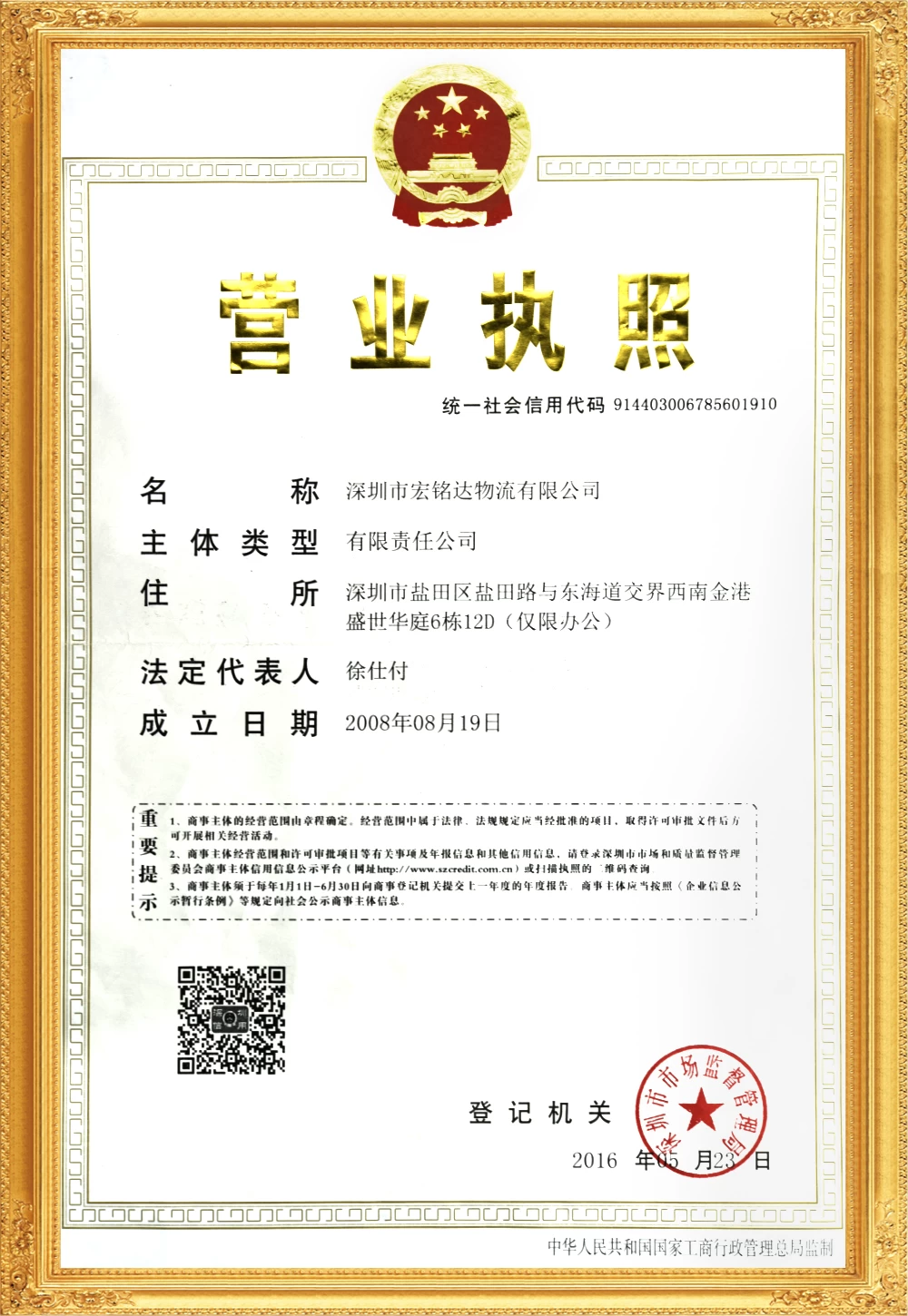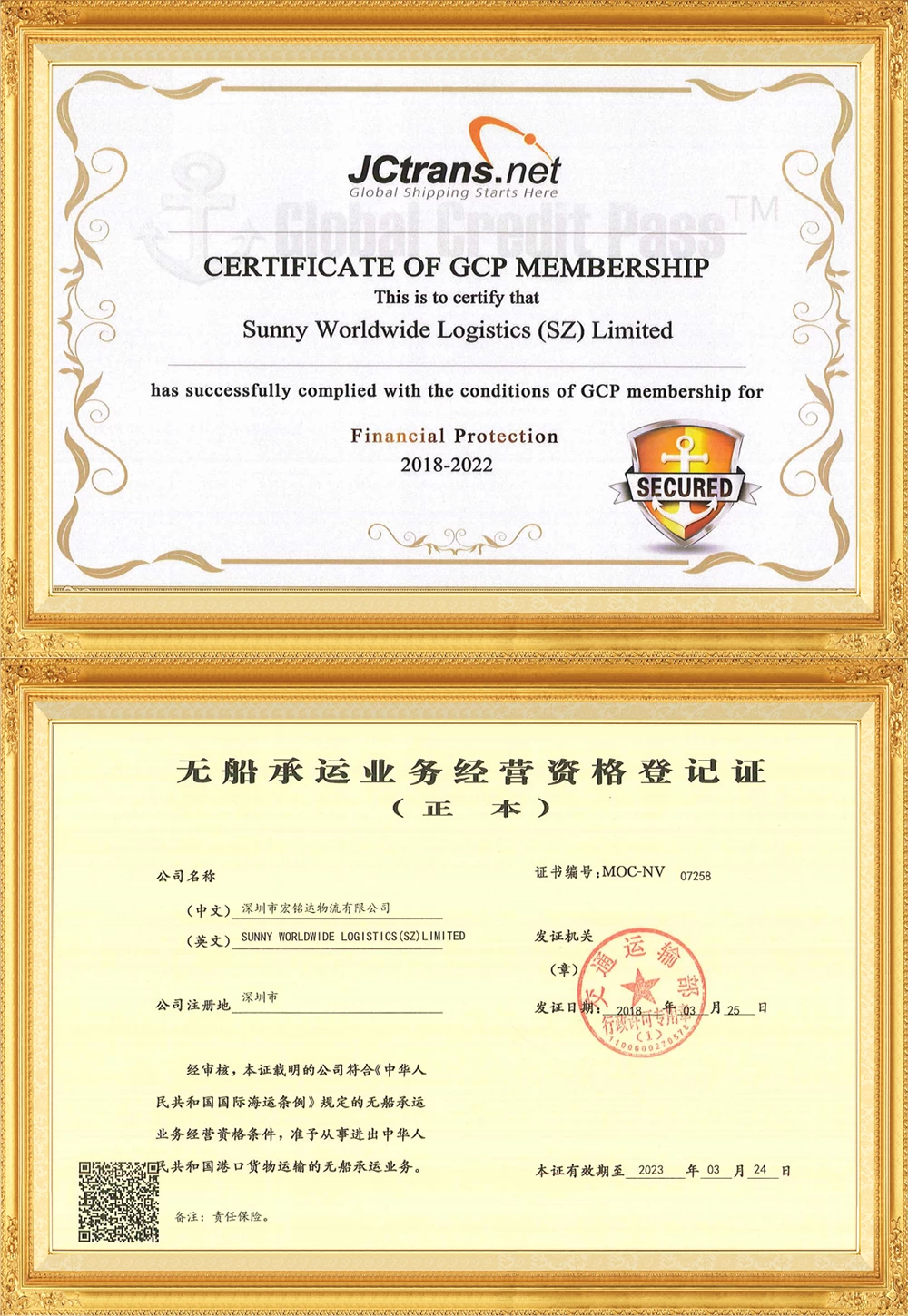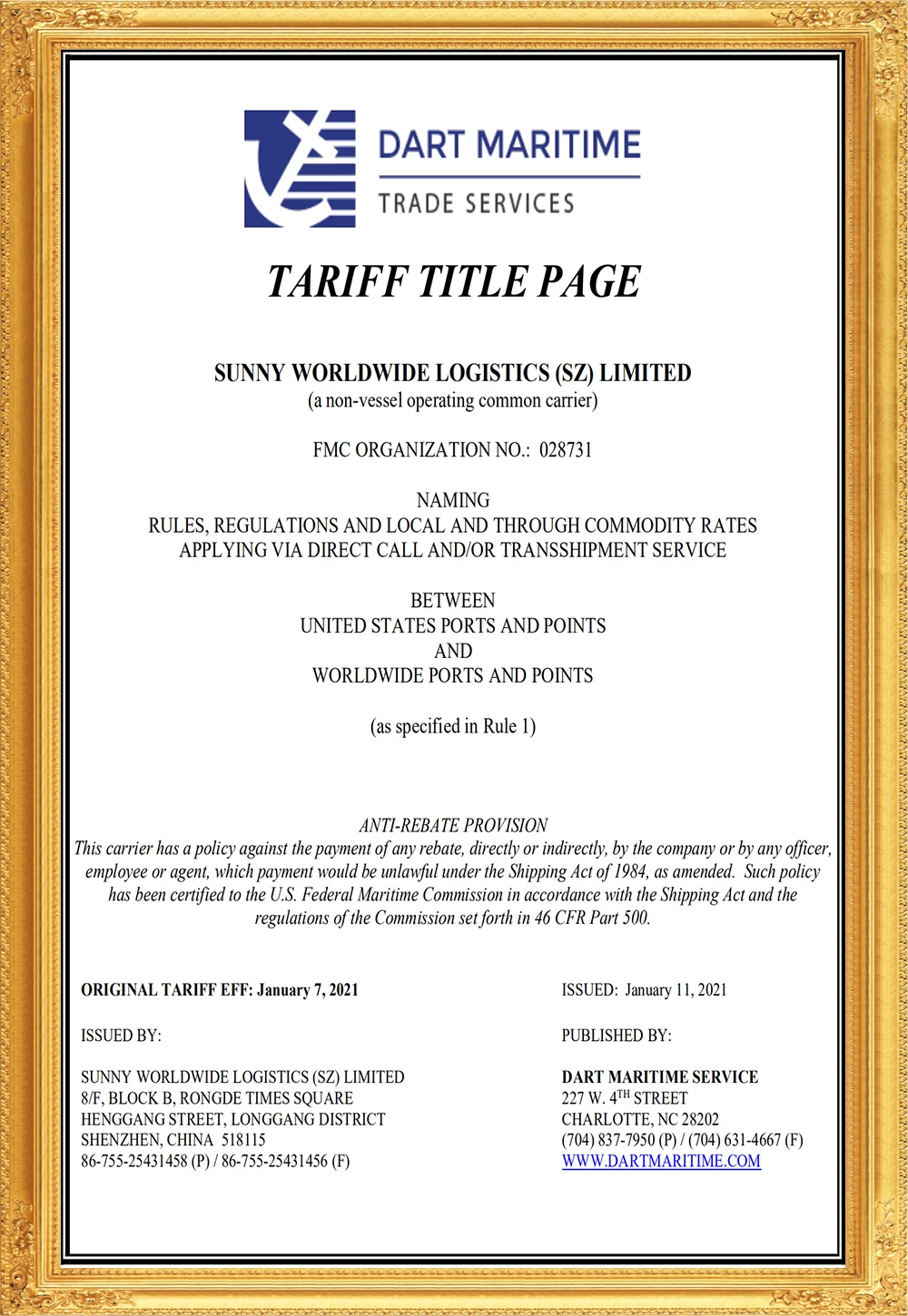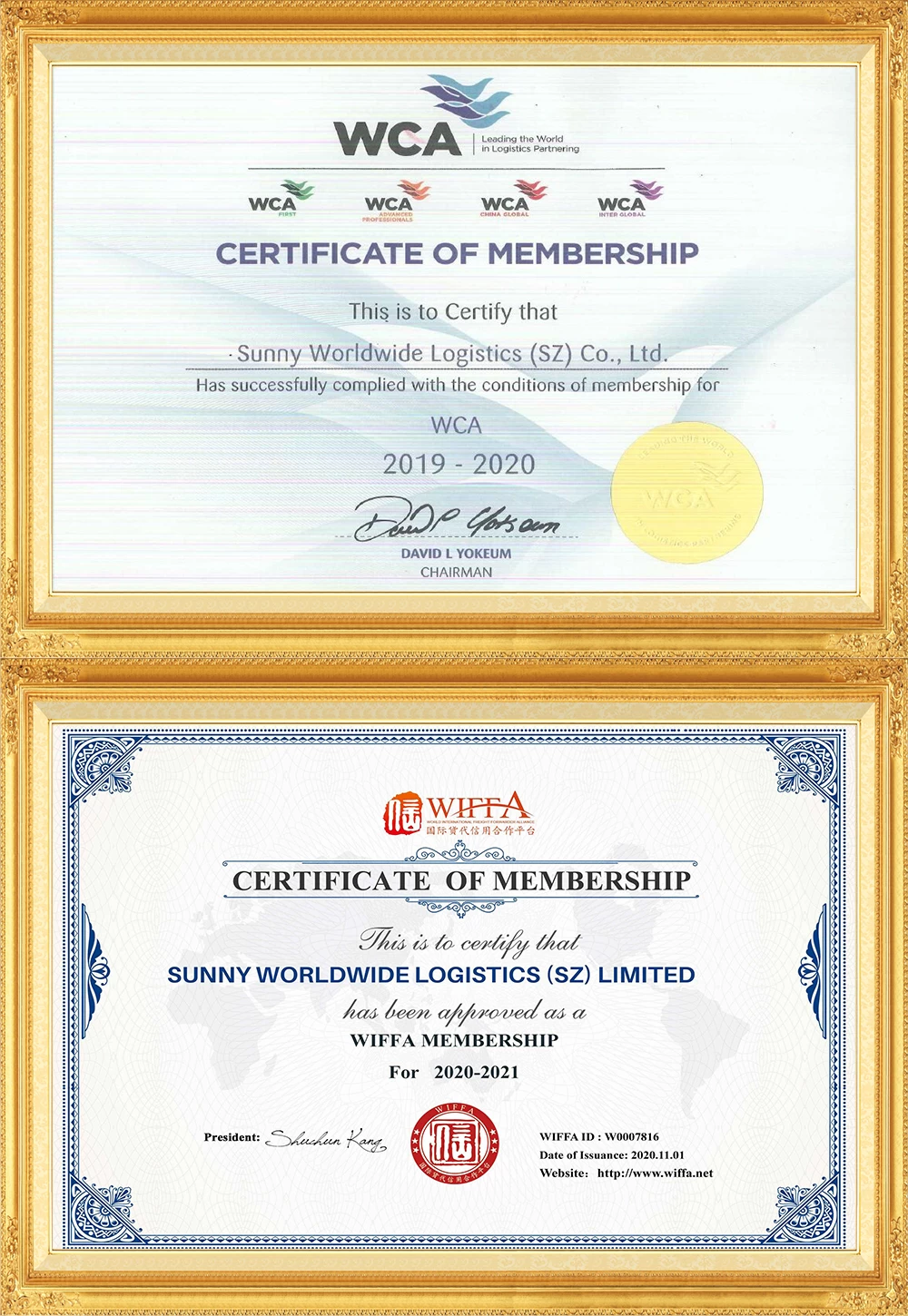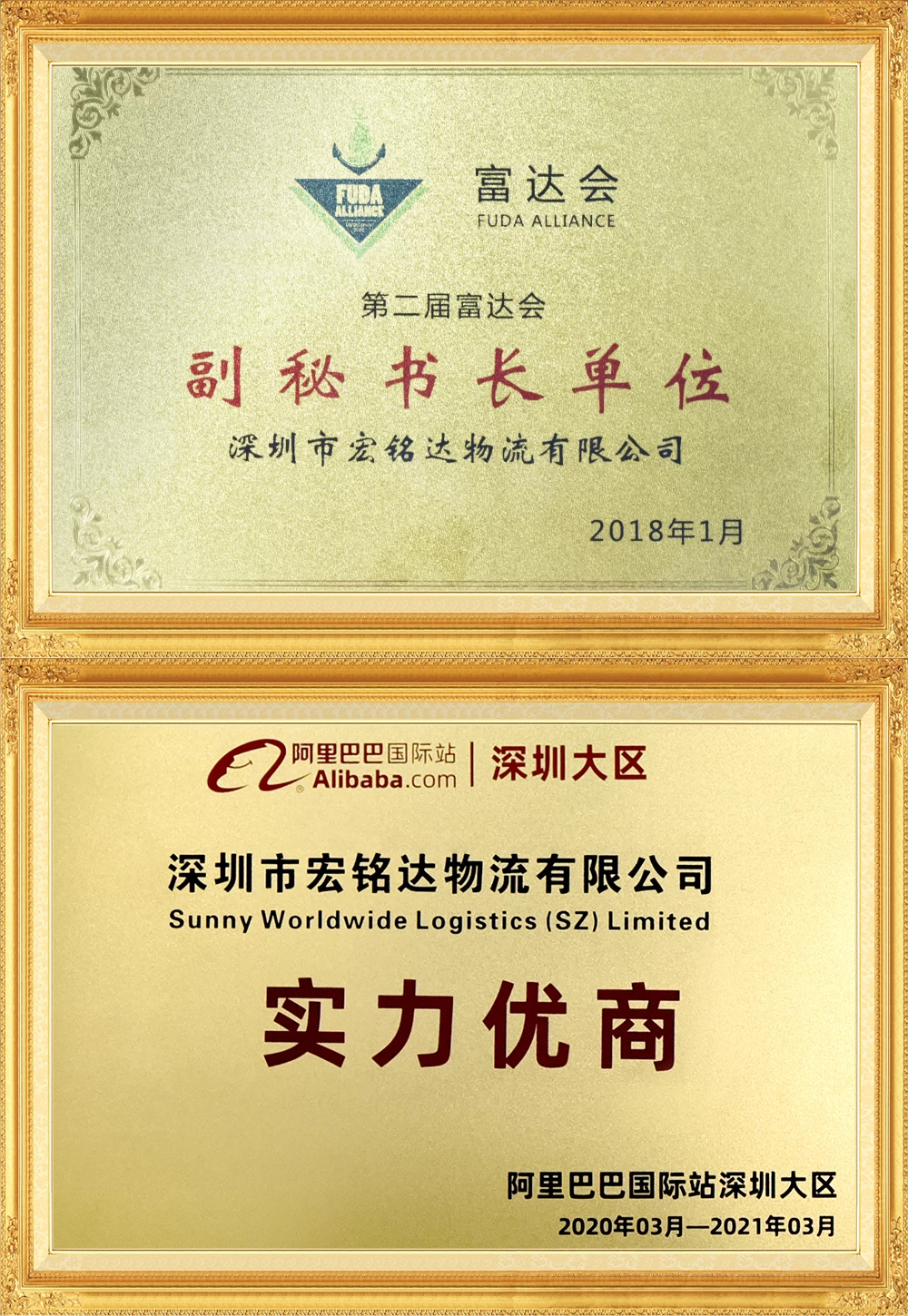What is an exchange order in international freight forwarding? What are the fees for exchanging Document?
What is an exchange order in international freight forwarding? What are the fees for exchanging Document?
01. What is an exchange Document?

In international freight forwarding, what we call "exchange Document" usually has two meanings.
The first refers to the replacement of commodity inspection documents, mainly for exported goods subject to legal inspection. When the source of goods and the port of export are inconsistent, the Commodity Inspection Bureau will give a commodity inspection receipt, and the customs broker or agent at the port will take the replacement receipt to exchange for the customs clearance document, and then Customs declaration is ready. The commodity inspection and order replacement fee is usually 50 yuan or 100 yuan per ticket.
The other refers to the import exchange document, that is, in exchange for a delivery order. Usually the importer or his agent takes the bill of lading to a designated location to exchange for a delivery order (D/O). After getting the delivery order (D/O), customs clearance can be officially completed. , after customs clearance was completed, I finally went to pick up the goods, and I also took the D/O to pick up the goods.
The fee charged is the so-called replacement order fee. In other words, the order replacement fee is all the fees that need to be paid during the order replacement process. Different freight forwarders may have very different charging standards for exchange orders.
01. What is an exchange order?
In international freight forwarding, what we call "exchange orders" usually has two meanings.
The first refers to the replacement of commodity inspection documents, mainly for exported goods subject to legal inspection. When the source of goods and the port of export are inconsistent, the Commodity Inspection Bureau will give a commodity inspection receipt, and the customs broker or agent at the port will take the replacement receipt to exchange for the customs clearance document, and then Customs declaration is ready. The commodity inspection and order replacement fee is usually 50 yuan or 100 yuan per ticket.
The other refers to the import exchange order, that is, in exchange for a delivery order. Usually the importer or his agent takes the bill of lading to a designated location to exchange for a delivery order (D/O). After getting the delivery order (D/O), customs clearance can be officially completed. , after customs clearance was completed, I finally went to pick up the goods, and I also took the D/O to pick up the goods.
The fee charged is the so-called replacement order fee. In other words, the order replacement fee is all the fees that need to be paid during the order replacement process. Different freight forwarders may have very different charging standards for exchange orders.
knowledge extension
During the whole container order exchange process, you should pay attention to the following materials when preparing them:
(1) When the bill of lading is released to pick up the goods, the official seal of the consignee must be stamped on the copy of the bill of lading.
(2) When picking up the goods with the original bill of lading, if the original bill of lading for foreign exchange settlement under the letter of credit has not arrived and you want to pick up the goods again, you must exchange the bill with the bank's letter of guarantee and collect the original bill of lading within the time limit specified in the bank's letter of guarantee.
(3) For bills of lading that have not been released by telex or non-standard bills of lading, the shipping company must be contacted in a timely manner. Non-standard bills of lading should be released according to the written notice of the shipping company.
(4) If the shipping company has special requirements, it must be strictly implemented in accordance with the shipping company's requirements and coordinated with the shipping company.


